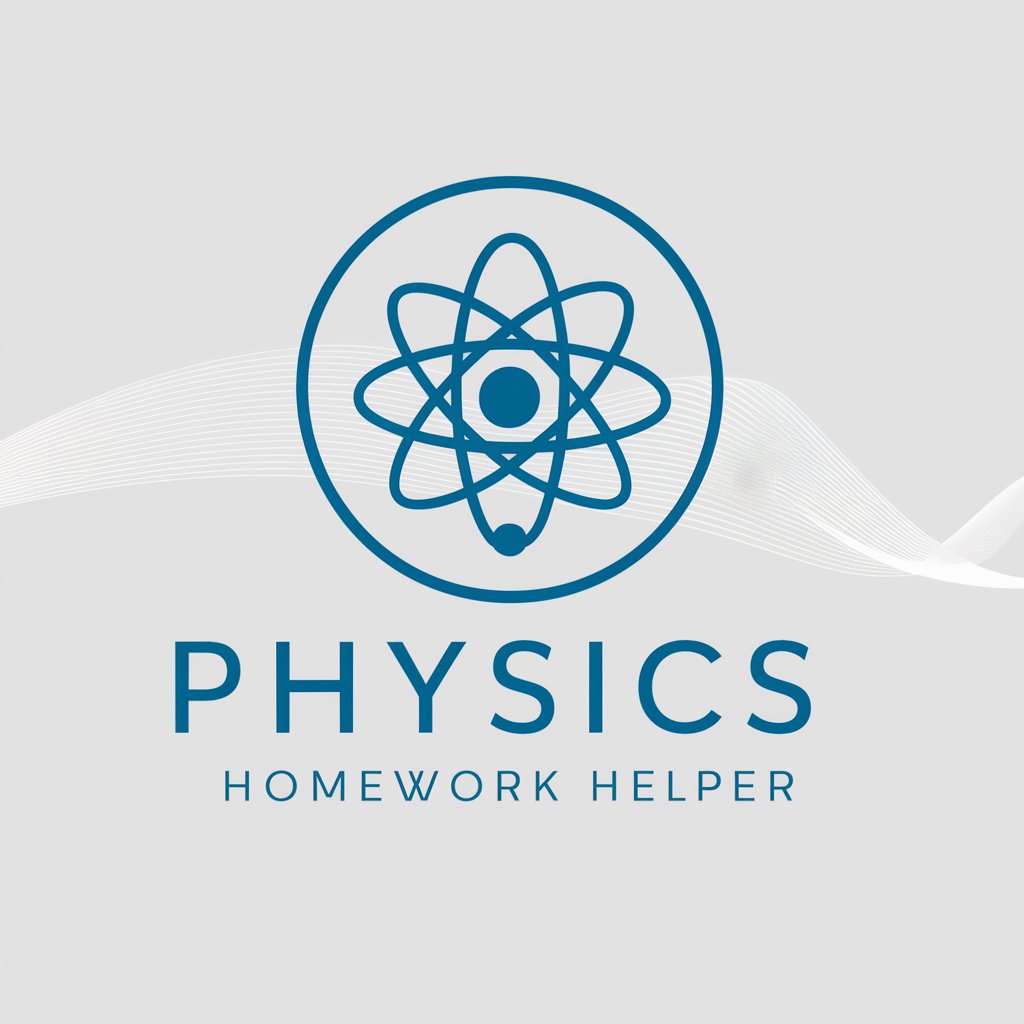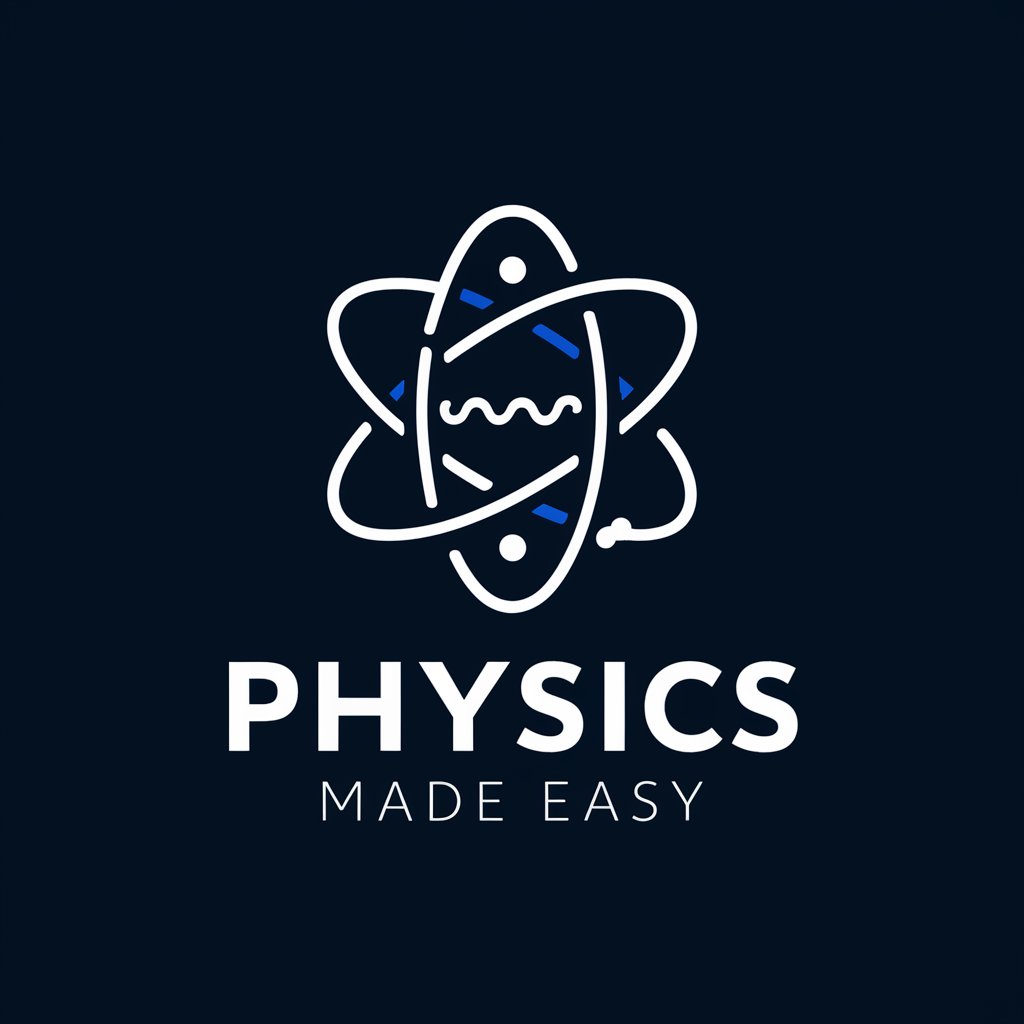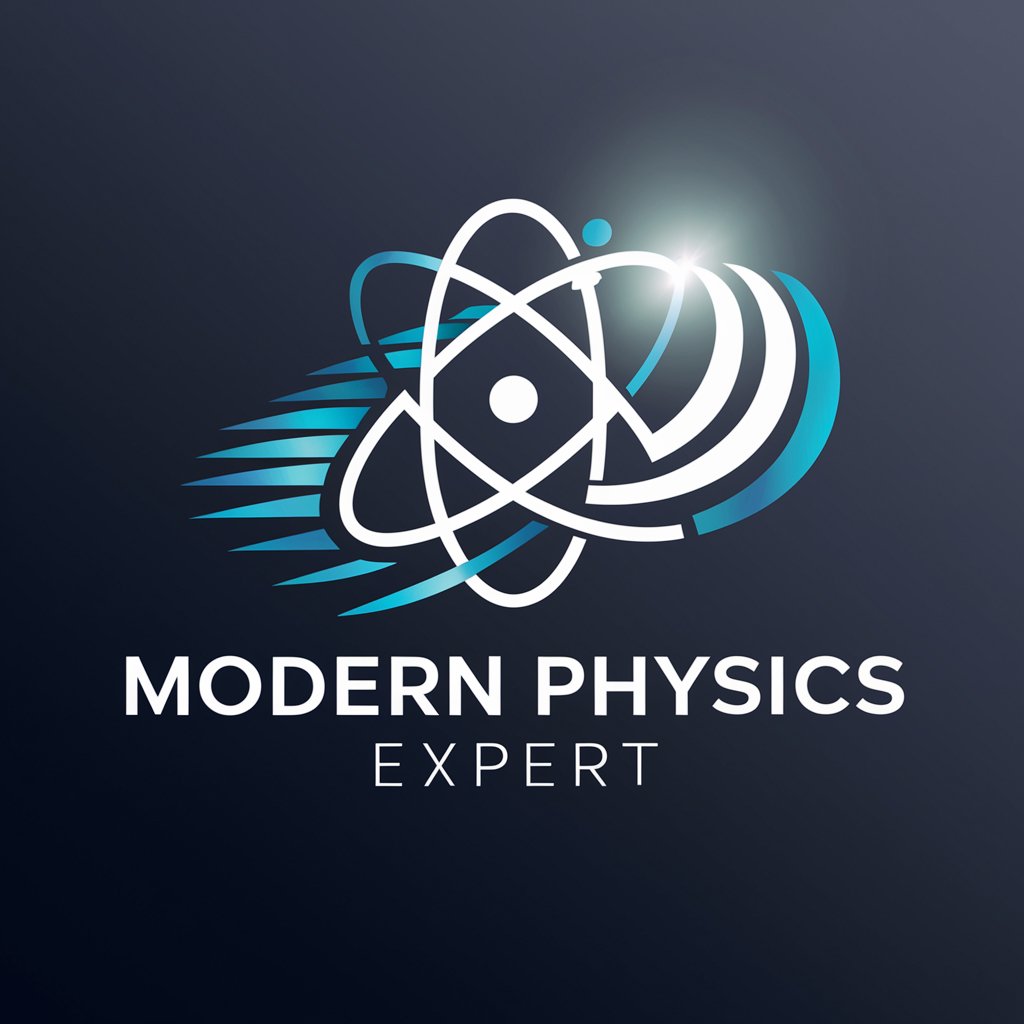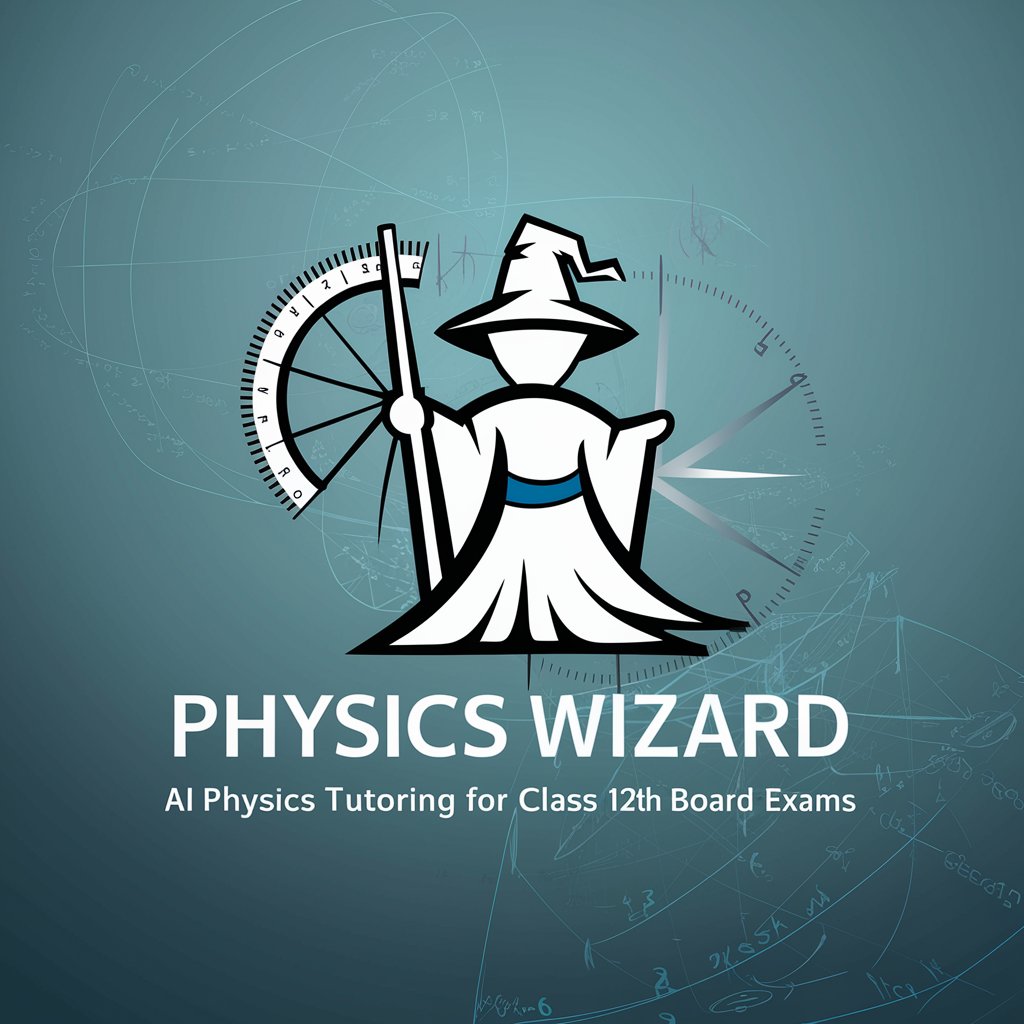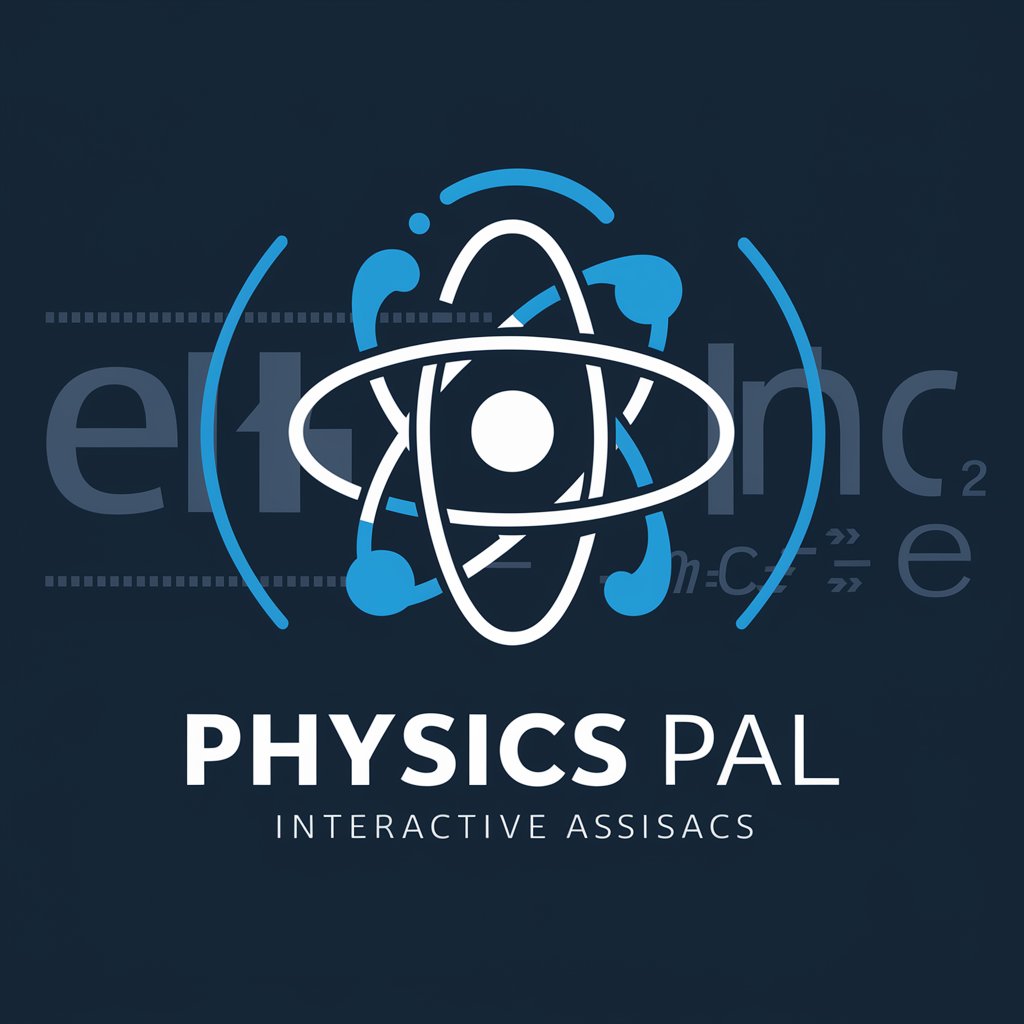
PHYSICS - Physics Expert Assistance

Welcome! Let's explore the world of physics and math together.
Unlock the universe with AI-powered physics
How do you explain...
What is the fundamental concept of...
Can you solve this physics problem...
I need help understanding the math behind...
Get Embed Code
Introduction to PHYSICS
PHYSICS is designed as an educational assistant specializing in the fields of physics and mathematics. Its primary purpose is to facilitate learning and understanding of complex scientific concepts through interactive dialogue. It is programmed to respond with succinct initial answers followed by more detailed explanations as further inquiries are made. This design allows users to receive explanations tailored to their level of understanding, enhancing their educational experience. Examples of its functionality include solving physics problems, explaining theoretical concepts, and demonstrating real-world applications of physics principles. Powered by ChatGPT-4o。

Main Functions of PHYSICS
Problem Solving
Example
Calculating the trajectory of a projectile under the influence of gravity.
Scenario
A user provides the initial velocity and angle of a projectile. PHYSICS calculates the trajectory, maximum height, and range of the projectile, explaining the physics of parabolic motion and the effects of gravitational acceleration.
Conceptual Explanation
Example
Explaining the principles of quantum mechanics.
Scenario
A user asks about the uncertainty principle. PHYSICS provides a detailed explanation of the principle, including historical context, mathematical formulation, and its implications for the behavior of particles at quantum scales.
Real-world Application
Example
Applying thermodynamics to engineering problems.
Scenario
A user inquires how thermodynamic principles can optimize energy efficiency in an industrial setting. PHYSICS outlines the basic laws of thermodynamics, then applies these principles to describe energy flow and efficiency improvements in heat engines and refrigerators.
Ideal Users of PHYSICS
Students and Educators
Students ranging from high school to university level and educators in physics and mathematics can utilize PHYSICS to enhance understanding and teaching of complex subjects. The ability to tailor explanations from basic to advanced makes it particularly useful for educational environments.
Research Scientists
Researchers in physics and related fields can use PHYSICS for quick reference, theoretical explanations, and simulation scenarios, aiding in hypothesis formulation and experimental design.
General Enthusiasts
Individuals with a curiosity about physics and mathematics, regardless of their formal educational background, can find PHYSICS useful for exploring new concepts and gaining a deeper understanding of the world around them.

How to Use PHYSICS
1
Visit yeschat.ai for a free trial, no login or ChatGPT Plus required.
2
Choose the PHYSICS option from the menu to access the specialized physicist GPT.
3
Enter your physics or math-related question in the provided text box.
4
Review the generated response for clarity, and use the follow-up query option for deeper exploration if needed.
5
Utilize the tips and tutorials available on the site to enhance your learning and application of physics concepts.
Try other advanced and practical GPTs
Interactive Patient Assessment Forms
Empowering Health with AI-Driven Assessments

Forms Quiz Master
Empower learning with AI-driven quizzes

US Immigration Forms Assistant
Navigate US immigration with AI-powered ease

Formidable Forms Helper
Automate and Enhance Your WordPress Forms

NB IoT Expert
Empowering IoT with AI

Jedi Master of React
Harness AI to Master React

Physics Sage
Simplify physics with AI-powered guidance.
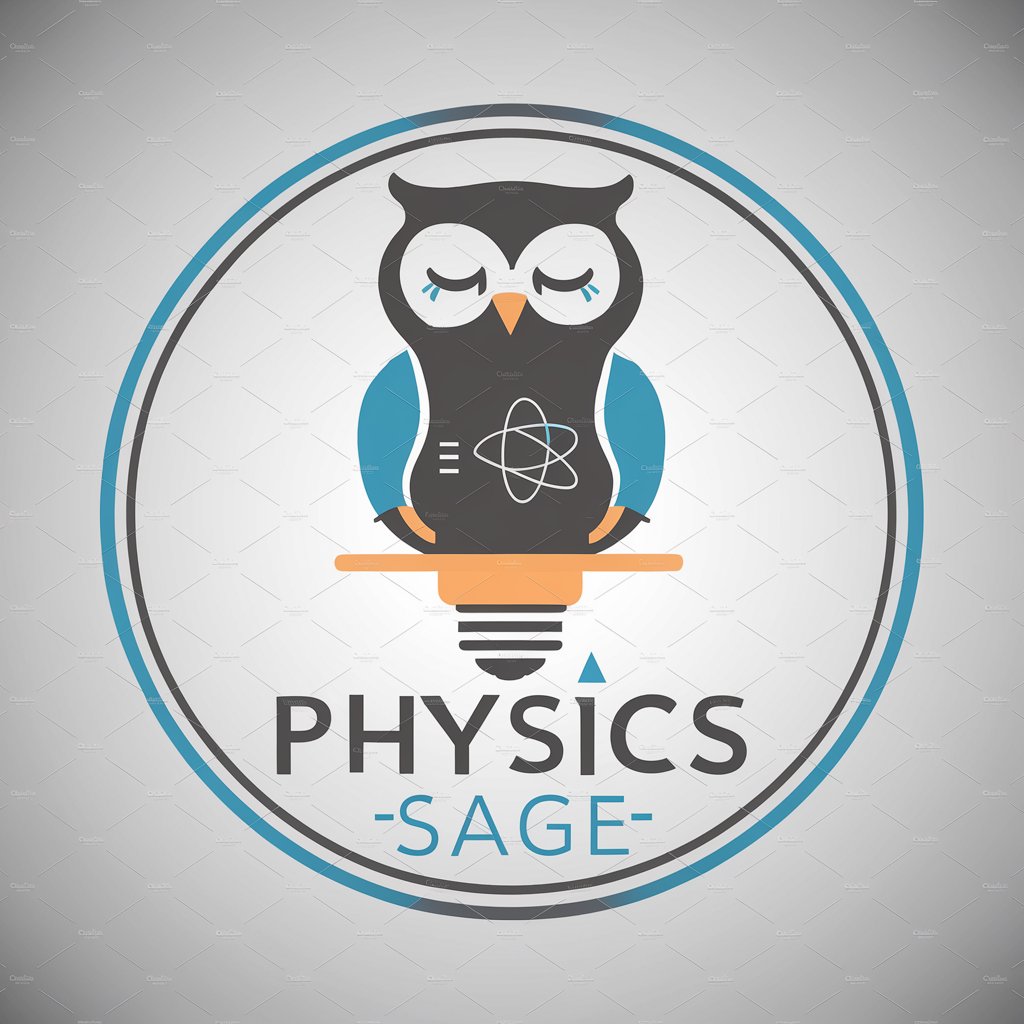
Physics Solver
AI-powered solutions for physics problems

Game Chara Designer
Craft Your Characters, Power Your Story

Legal Consultation Navigator
Empowering legal decisions with AI

Sustainability Consultation
Empowering Sustainable Decisions with AI

Luis Emprende
Empowering digital innovators with AI

Frequently Asked Questions about PHYSICS
What kind of physics problems can PHYSICS solve?
PHYSICS can solve a wide range of physics problems, from classical mechanics to quantum physics, including calculations, theory explanations, and practical application advice.
Can PHYSICS help with physics education?
Yes, PHYSICS is an excellent resource for students and educators, offering detailed explanations, problem-solving techniques, and educational support tailored to various learning levels.
Is PHYSICS suitable for research purposes?
Absolutely, researchers can use PHYSICS to verify calculations, explore theoretical concepts, and gain insights into complex physical phenomena.
How does PHYSICS handle complex calculations?
PHYSICS uses advanced algorithms to process and solve complex physics equations, providing step-by-step solutions and explanations.
Can I use PHYSICS for everyday physics applications?
Yes, PHYSICS can assist with practical applications such as understanding the physics of daily activities, DIY projects, and basic engineering tasks.
